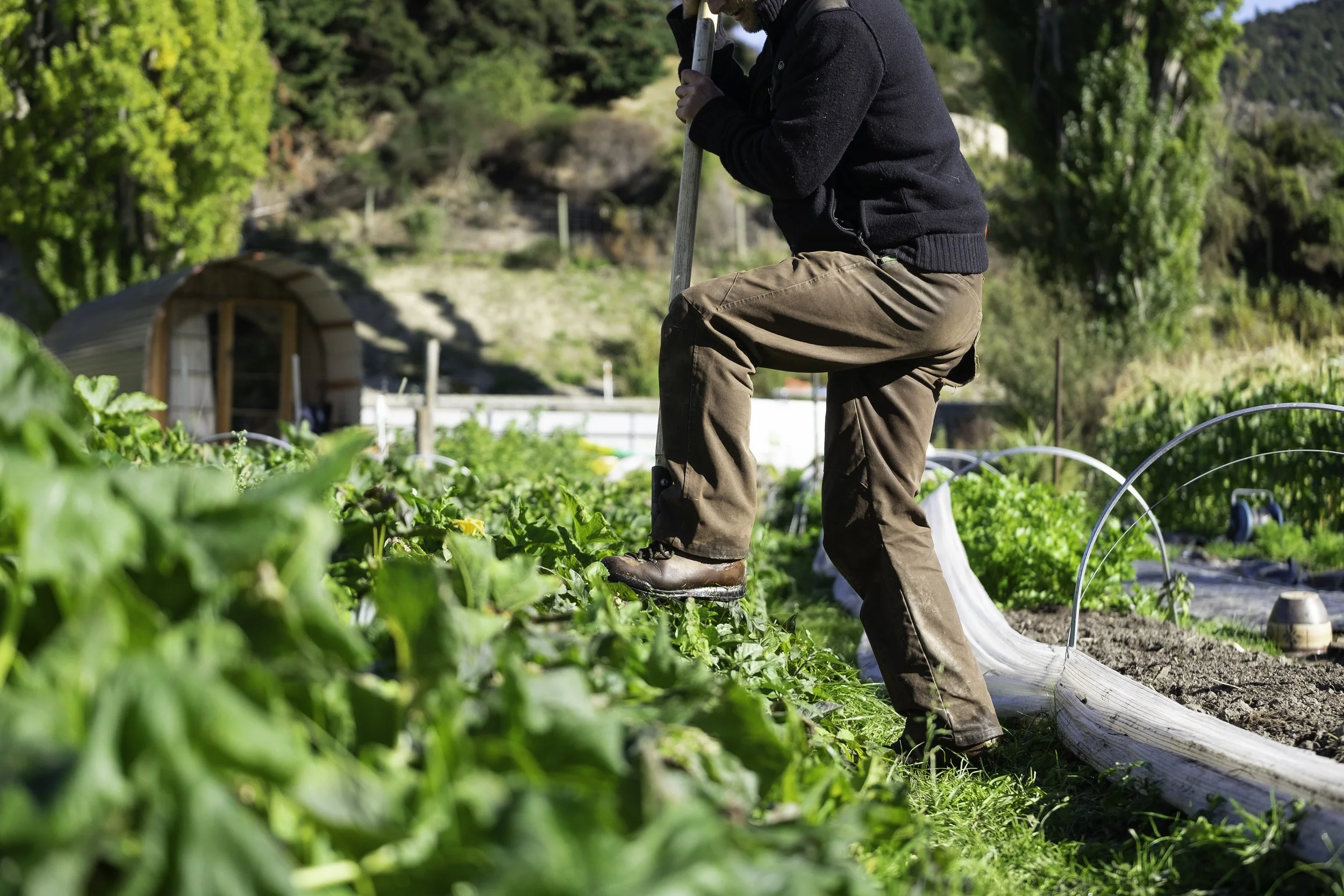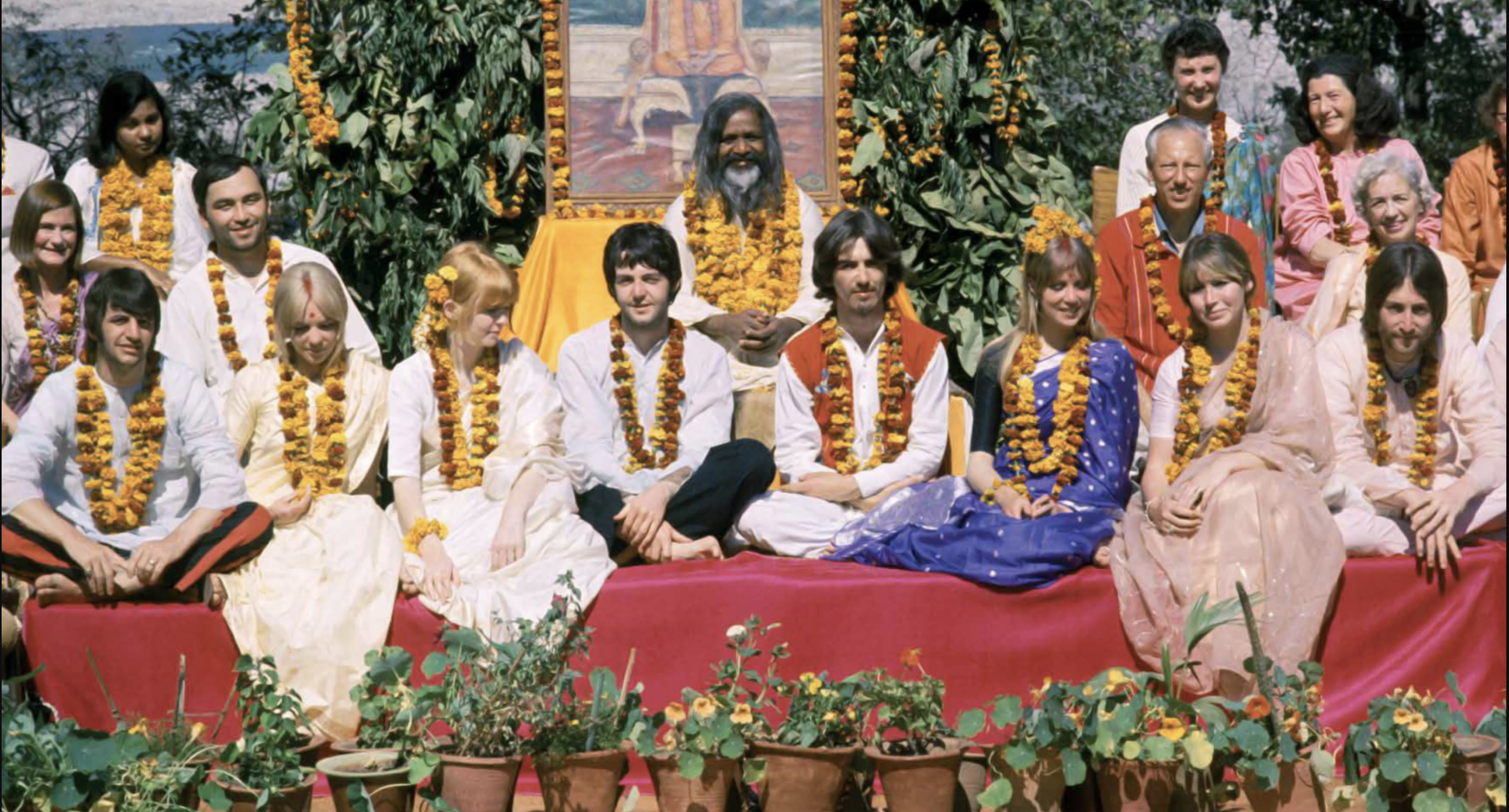Welldoing
Yeah, it’s like wellbeing — but not all about you.
According to the dictionary, it’s “the practice of doing good; virtuousness, good conduct.”
Which, to be honest, doesn’t sound that fun. Or relatable. It sounds altruistic (selfless). Frankly, I don’t think many people operate like that anymore. Not in the world we’ve built.
If wellbeing is about taking care of yourself, then welldoing is about extending that care outward — to others, to the planet, to the systems we live in. But unlike yoga and journaling, welldoing hasn’t had its time to shine. Maybe because we’ve been taught that caring for others = sacrifice. Enter the picture of Jesus on the cross…
But I don’t buy that. It can be energising, connected, even cool. It can feel fucking great.
Just like how breathwork and turmeric lattes moved from being wtf to the weekly planner, maybe welldoing is next. Not as an act of martyrdom — but as a fulfilling, motivating, self-serving way to live.
I’m going to compare wellbeing and welldoing habits.
How does it look when we incorporate doing positive habits into our daily lives.
Wellbeing: Yoga - Relaxing, strengthening, good for body and mind.
Welldoing: Walking in nature - Movement that also reconnects you with land, seasons, and local ecosystems.
Wellbeing: Meditation - A way to be present and calm the busy mind
Welldoing: Gardening - Presence, calm, while nurturing life, learning the rhythms of the earth, maybe even growing your own food.
Wellbeing: Digital detox - Freeing, joyful, rejuvenated makes space for what matters.
Welldoing: Consume less stuff - (Want less stuff) Creates space, clarity, and ease. It’s a break from the constant noise and online shopping, plus it’s lighter on the planet.
Wellbeing: Taking a mental health day, holiday, retreat - Reframes your mindset and recharges your energy.
Welldoing: Volunteering - Giving back can also feel freeing and joyful and rejuvenated, with the added bonus of building stronger communities.
Okay you get the idea.
These practices make you feel good and do good.
They’ve just been poorly framed. But if meditation, yoga, and mushroom tonics can go mainstream, so can welldoing.
It’s time to add a little purpose to your self-care. Without losing the joy.
I’m feeling a rebrand coming on.
This led me to think about how some of these once “out-there” wellbeing practices are now completely normal, even deemed essential for a happy life. But what’s the path to mainstream acceptance in the Western world? After all, many of these practices like meditation, breathwork, herbal remedies, or energy-based healing have been used for centuries in traditional cultures, especially in parts of Asia, the Middle East, Africa, and Indigenous communities around the world.
In the 1960s and ’70s, these ideas entered mainstream Western consciousness through counterculture movements, often met with eye rolls or suspicion.
Can we take a moment to appreciate that many normal things often originate from counterculture, so what you may deem as weird or alternative now may infact be the new normal very soon. My point is let’s not be so quick to judge, label and dismiss what we don’t understand.
Practices rooted in Eastern philosophies gained traction in the West thanks to global cultural exchanges and the ability of popular culture to reach the masses. (A perfect example is the Beatles ashram experience.) What helped these practices shift from hippie to household was a growing body of science which helped to provide scientific validation and credibility to their wellbeing claims.
Over the 2000s, 2010s, wellness became an industry. Green juice, gut health, hot yoga, supplements, kombucha. Taking care of yourself wasn’t indulgent anymore; it was aspirational. And now, in the 2020s, emotional/mental health is centre stage. Words like “nervous system,” “somatics,” “trauma release” and “inner child” are everywhere. It’s not just about six-packs anymore — it’s about regulation, balance, and healing.
So if wellbeing has followed this arc — from fringe to mainstream — it makes me wonder: could welldoing follow a similar path? Could caring for others, for communities, for the planet, also become normalised in this way?


